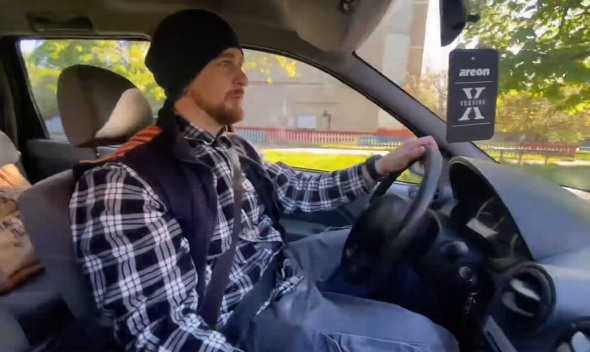
The morning sun rose with a soft golden glow, lighting up the edge of the sky in pale pinks and oranges. I awoke to the faint chirping of birds and the smell of dew-soaked earth. It was the perfect morning for a trip to the dacha—our humble summer house nestled among tall birch trees just an hour outside the city.
Packing the car was a familiar routine. Thermos of tea? Check. Fresh bread from the bakery? Check. Tools for the garden, folding chairs, fishing rods, mosquito spray, and the bag of board games—check, check, and check again. My wife, Anna, made sure the kids were bundled up in light jackets, just in case the early May air held onto its chill. Our dog, Max, barked enthusiastically as if he knew exactly where we were going.
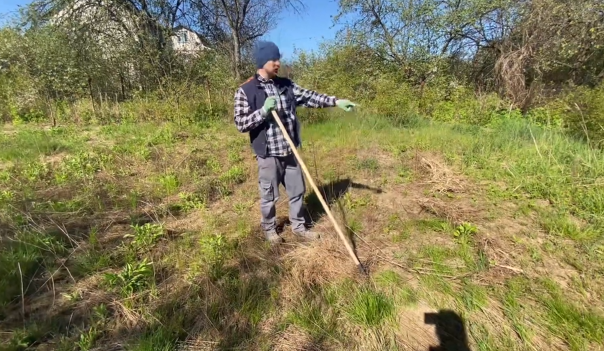
We pulled out of the city around 7:30 a.m., the streets still half-empty, yawning into the weekend. As we drove, the buildings gave way to open fields, and the grey of the concrete faded into the green of nature. Even the children, who usually fought in the back seat, stared quietly out the window, watching as the landscape changed. For all of us, the dacha wasn’t just a getaway—it was a pause from the noise of daily life.
When we arrived, the dacha greeted us like an old friend. The wooden structure stood just as we’d left it last autumn—slightly crooked but proud. Ivy crept along one side of the porch, and a few dandelions had already sprouted in the front yard. Max leapt from the car and immediately began chasing imaginary squirrels, tail wagging like a metronome of joy.
We unlocked the door, and the familiar smell of pine, dust, and dried herbs met our noses. Everything was in place: the mismatched chairs, the threadbare rug, the sun-faded curtains. We opened all the windows to let in the spring air and then rolled up our sleeves. There was work to do before we could enjoy the day.
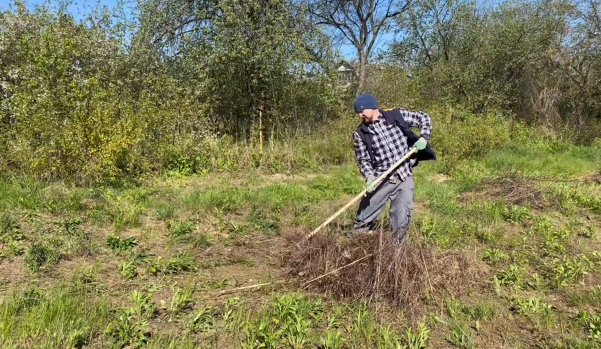
Anna swept the floors and wiped down the surfaces. I checked the electricity and water, relieved when both worked without issue. The kids ran outside with a burst of freedom, their laughter echoing across the clearing. I watched them from the porch, holding a mug of hot tea, feeling a deep sense of contentment settle over me.
After a quick snack of bread, cheese, and cucumbers, we headed to the garden. It had been sleeping all winter, but now it was time to wake it up. We turned the soil with shovels and hands, pulled weeds, and laid down rows for planting. The kids helped too—sort of. They mostly played in the dirt and accidentally watered each other more than the plants, but their joy was infectious.
By noon, the garden was freshly planted with tomatoes, cucumbers, carrots, and sunflowers. The sun had warmed up, and we sat under the large birch tree to enjoy a light lunch. Anna had packed boiled eggs, pickles, cold potatoes, and homemade meat patties. Everything tasted better outside, especially when eaten with fingers and laughter.
After lunch, I took the kids to the nearby lake while Anna stayed back to read on the porch. The lake was still a bit cold, but that didn’t stop the kids from splashing near the edge. I cast a fishing line into the water, not expecting much. But surprisingly, within fifteen minutes, I felt a tug. I reeled in a medium-sized perch, shiny and flopping. The kids cheered as if I had caught a sea monster.
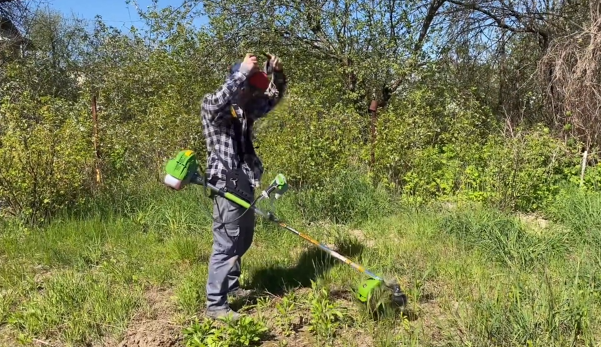
By the time we returned to the dacha, the sun was beginning to dip. We cleaned the fish and set up a small grill. The smell of roasting fish mingled with the scent of pine and wildflowers. Anna brought out potatoes wrapped in foil, which we placed in the coals. We ate our simple feast as dusk settled in, and fireflies began to appear like tiny lanterns in the grass.
After dinner, we gathered around a small fire pit and told stories. The kids roasted marshmallows while Max lay curled up at our feet. There was no phone signal, no buzzing notifications, no emails—only us and the sounds of the forest. A gentle breeze rustled the trees, and an owl hooted in the distance.
As the stars began to prick the night sky, we laid out blankets on the porch and watched them appear one by one. The Milky Way stretched above us like a soft ribbon. The children fell asleep first, curled under a blanket, their cheeks pink from sun and play. Anna leaned her head on my shoulder, and I wrapped my arm around her.
“I think this was the perfect day,” she said softly.
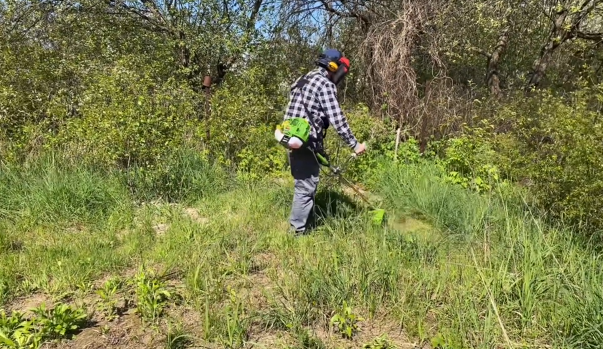
I nodded. “A successful trip to the dacha…”
She smiled. “The day was a success.”
I thought about everything we’d done—not just the gardening and fishing, but the moments in between. The giggles during lunch, the shared silence by the lake, the sense of peace that filled the air. It wasn’t a grand vacation or an expensive adventure, but it had everything we needed.
We carried the kids inside and tucked them into their small cots, then returned to the porch to sip the last of our tea. The coals in the fire pit glowed faintly, and a bat swooped silently above us. It was the kind of night that you didn’t want to end.
As I sat there, surrounded by the soft hush of the countryside and the warmth of my family, I realized something important. The success of a day isn’t always measured by how much you do or how far you go. Sometimes, it’s simply about being in the right place, with the right people, at the right time.
And today, everything had fallen perfectly into place.


